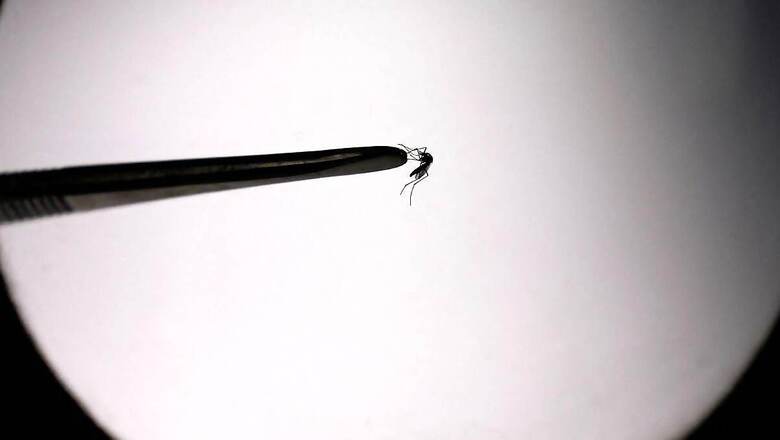
views
The dengue virus is more lethal in higher temperatures, resulting in aggressive disease, bleeding, drop in platelet count and even death. A new study supported by the department of biotechnology and Indian Council of Medical Research was conducted to analyse the effect of temperature in altering the virus virulence.
Several authors, including Institute of Advanced Virology (IAV) director Easwaran Sreekumar, conducted the study. “The factors that drive dengue virus evolution and selection of virulent variants are not yet clear,” said the study published in ‘The FASEB Journal’ on June 30.
Federation of American Societies for Experimental Biology (FASEB) is a peer-reviewed journal, which publishes research covering biology and biomedical sciences.
The study explains that “higher environmental temperature shortens DENV (dengue virus) extrinsic incubation period in mosquitoes, increases human transmission, and plays a critical role in outbreak dynamics”. Authors found that DENV cultured at a higher temperature in C6/36 mosquito cells was significantly more virulent than the virus grown at a lower temperature.
In a mouse model, the study found that the virulent strain induced enhanced viremia (presence of viruses in the blood) and aggressive disease within a short course of time, haemorrhaging, severe vascular permeability, and death.
“Higher inflammatory cytokine response, thrombocytopenia and severe histopathological changes in vital organs such as the heart, liver, and kidney were hallmarks of the disease,” the study stated.
The strain of the virus in lower-temperature areas was found to be different from the strain in higher-temperature areas. “Whole genome comparison with a lower temperature passaged strain identified key genomic changes in the structural protein-coding regions as well as in the 3′UTR of the viral genome,” it stated.
The study concluded: “Our results show that virulence-enhancing genetic changes could occur in the dengue virus genome under enhanced growth temperature conditions in mosquito cells.”


















Comments
0 comment